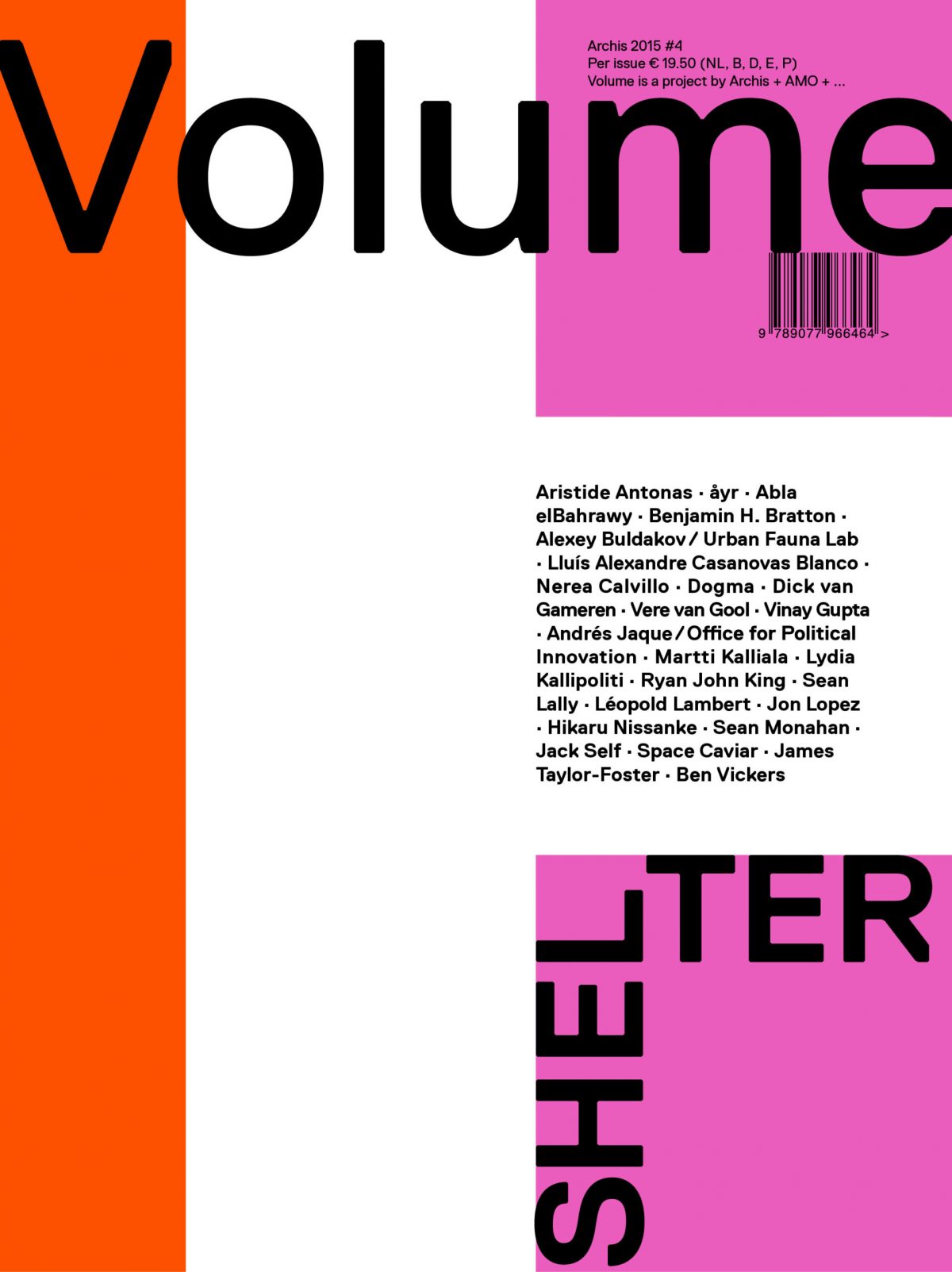Sketches for future cities and utopian buildings are often circular-shaped. Apparently a huge group of futurists, architects and urbanists prefers society to be rounded-up and dome-like. It's hard to find out why, but one of the main reasons might be that the future city in essence has to stay away from current urban forms. A utopian sketch containing family houses in a row would be pretty boring and not really interesting as a futuristic vision. Here's a way to create your own circular utopian future city in 3D. The ForCG website hosts a great tutorial explaining step by step how to make a utopian dream into a pretty render while using Autodesk’s 3DS Max. Here's part 1 and part 2 of the tutorial.
For three point one million dollar, in London, New York City or Moscow one buys a 300 square meters apartment in the city center, but on the grey Baltic country side one buys a complete city for this amount of money. A Russian investor bought the ghost town Skrunda-1 in Latvia at an auction in Riga, two weeks ago. The final price of 3.1 million dollars was far beyond expectation as the starting price was ten times less than that (310,000 dollars). Skundra-1 is an old military city that gave shelter to approximately 5,000 people during the Cold War. More than a decade ago the place was left as a consequence of the military and political collapse of the Soviet imperium. It's not clear yet which plans the buyer, Aleksejevskoje-Serviss, has for the property, which counts 45 hectares and is located in western Latvia, about 95 miles (150 kilometers) from Riga. The town consists of about 70 abandoned buildings including apartment blocks, a school, barracks, eateries, gyms and two night clubs.
